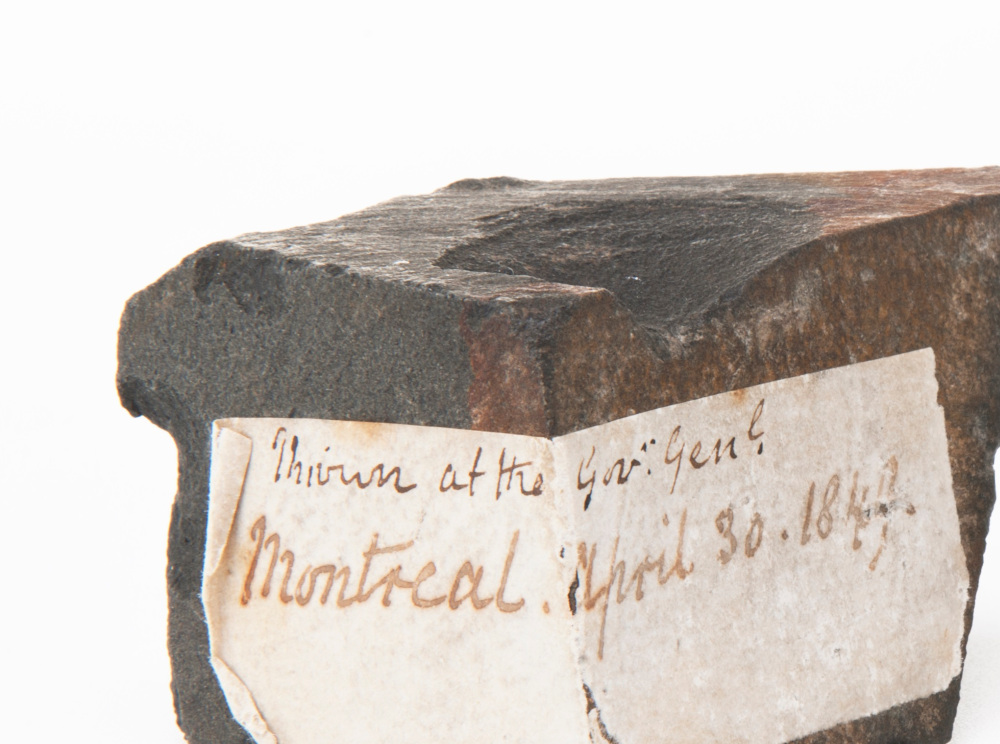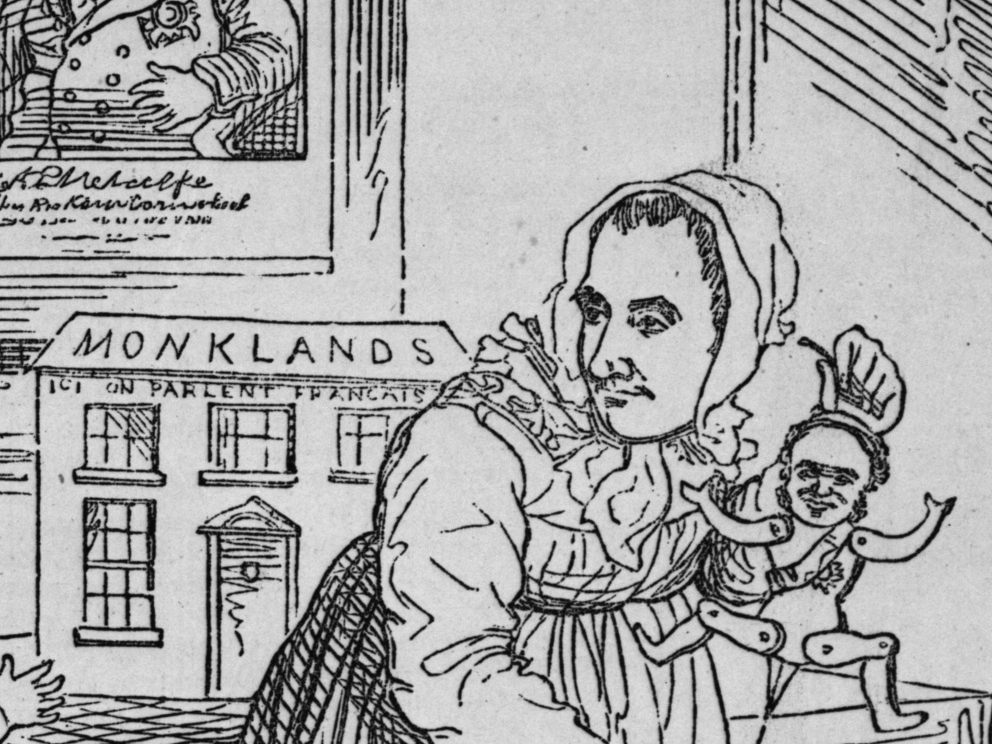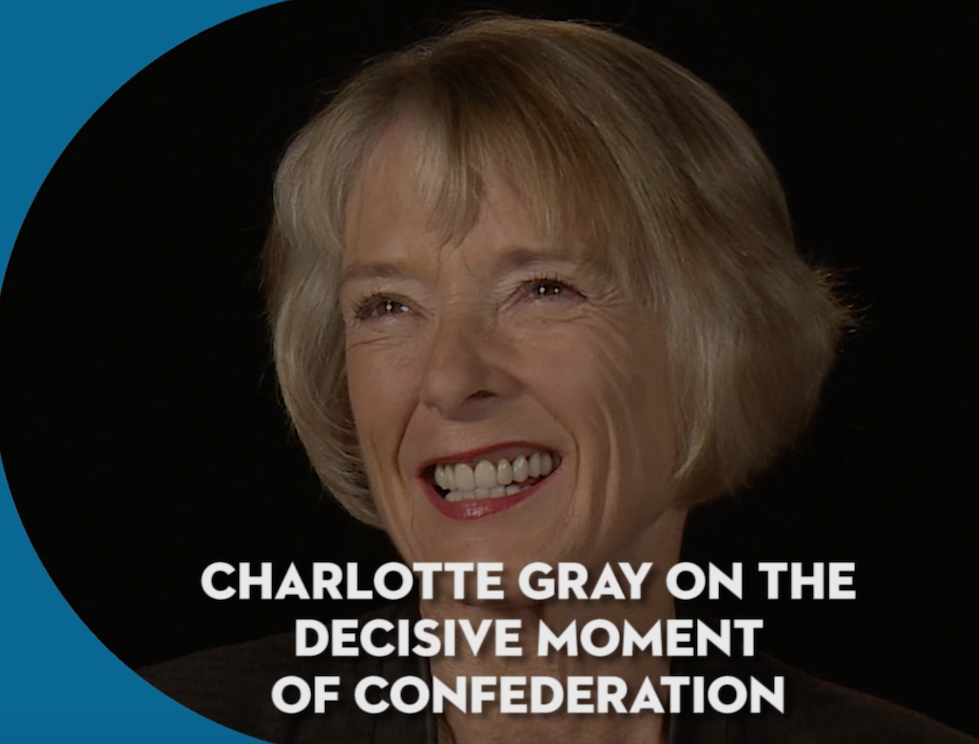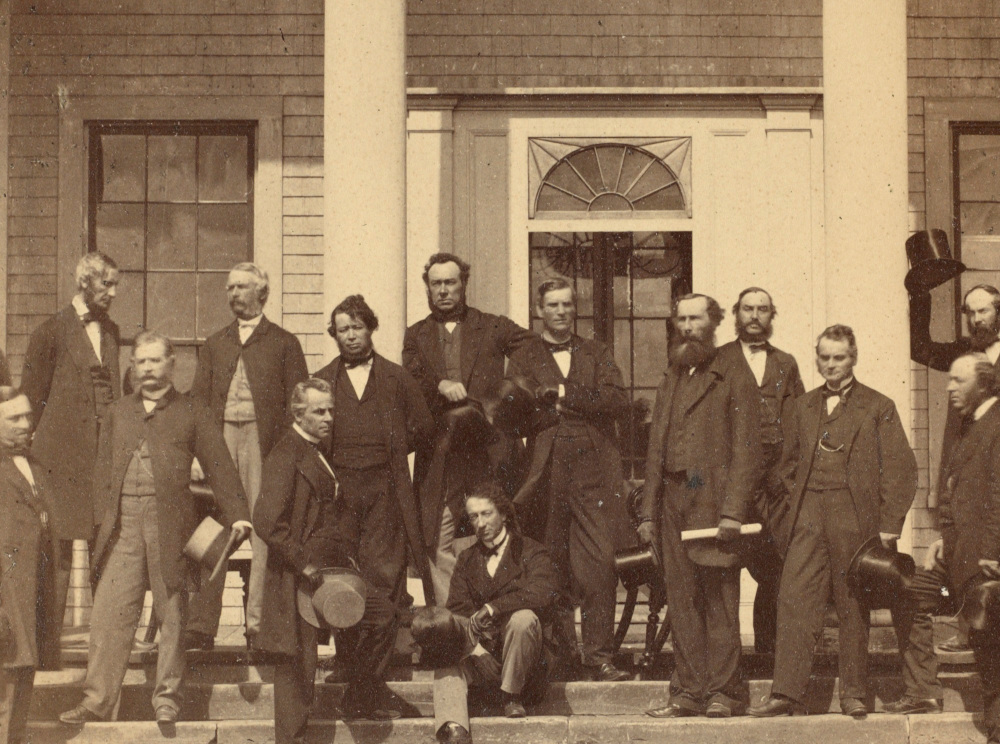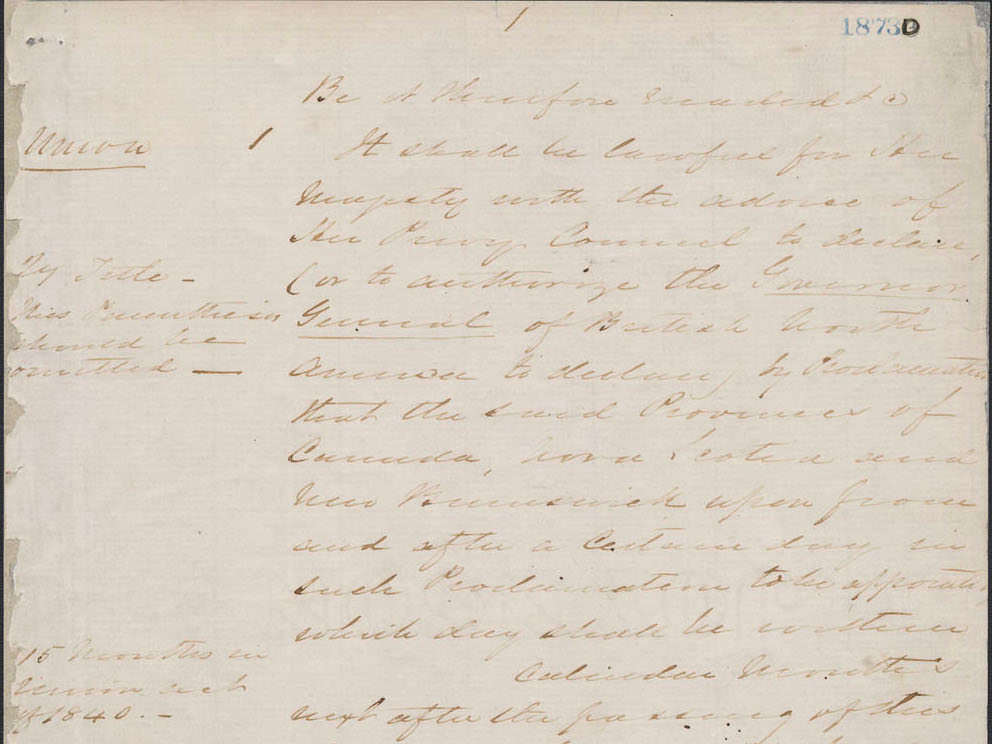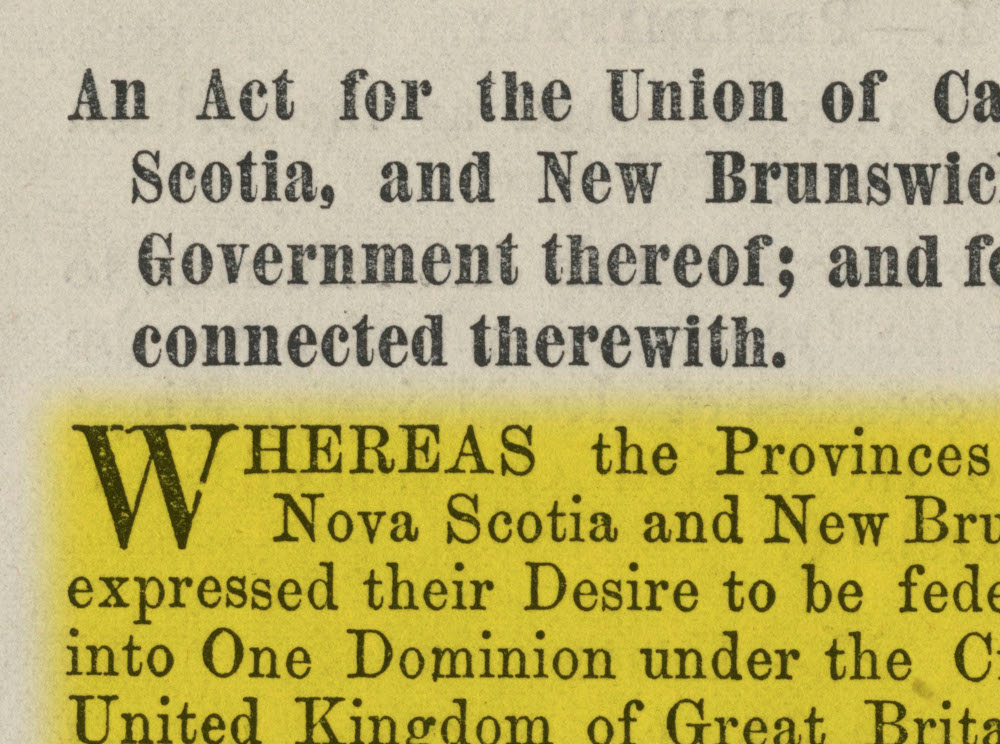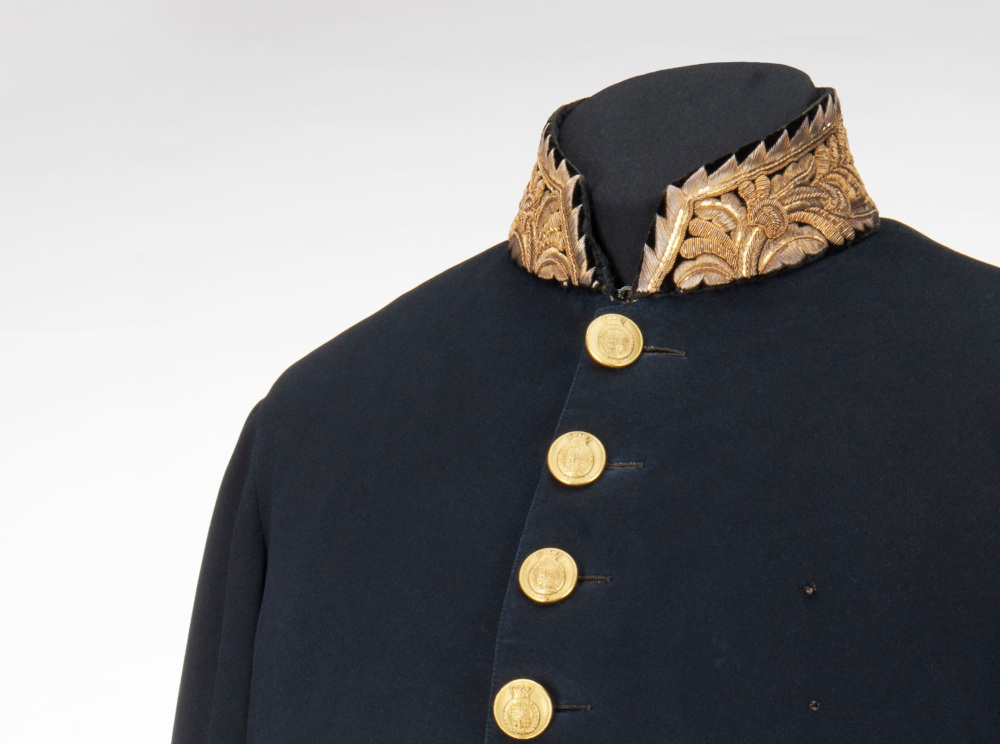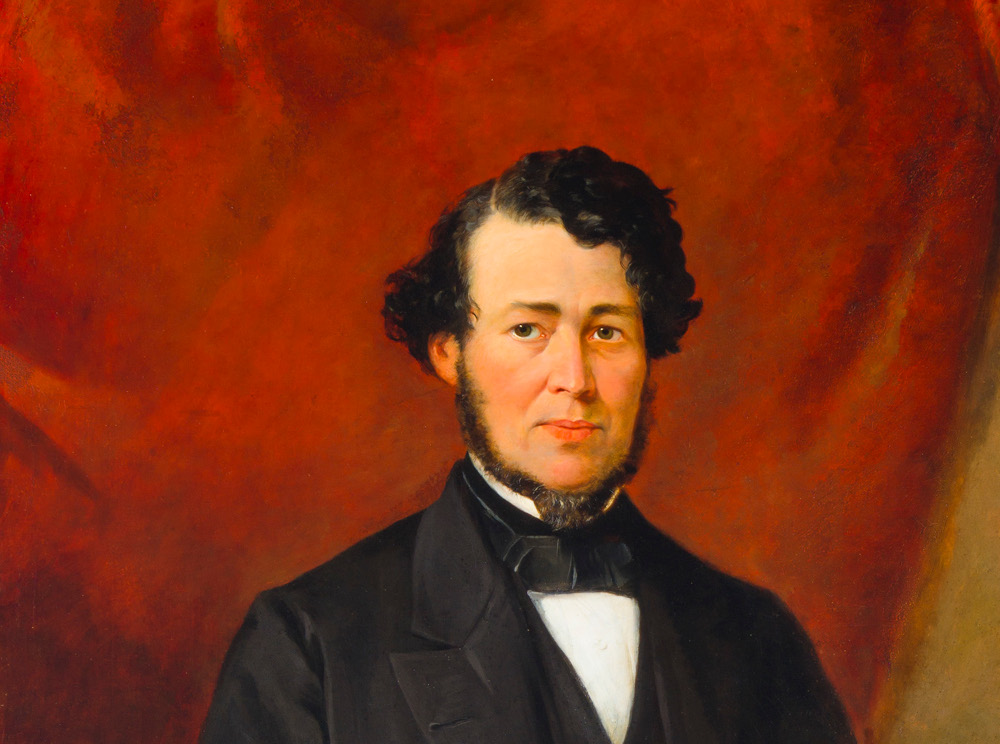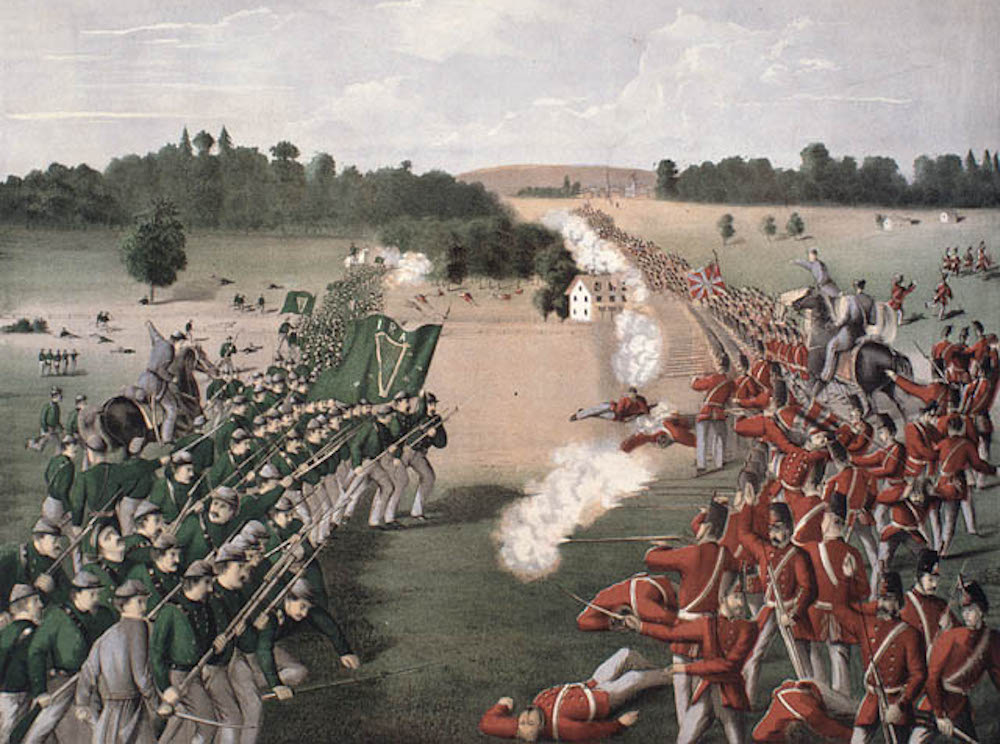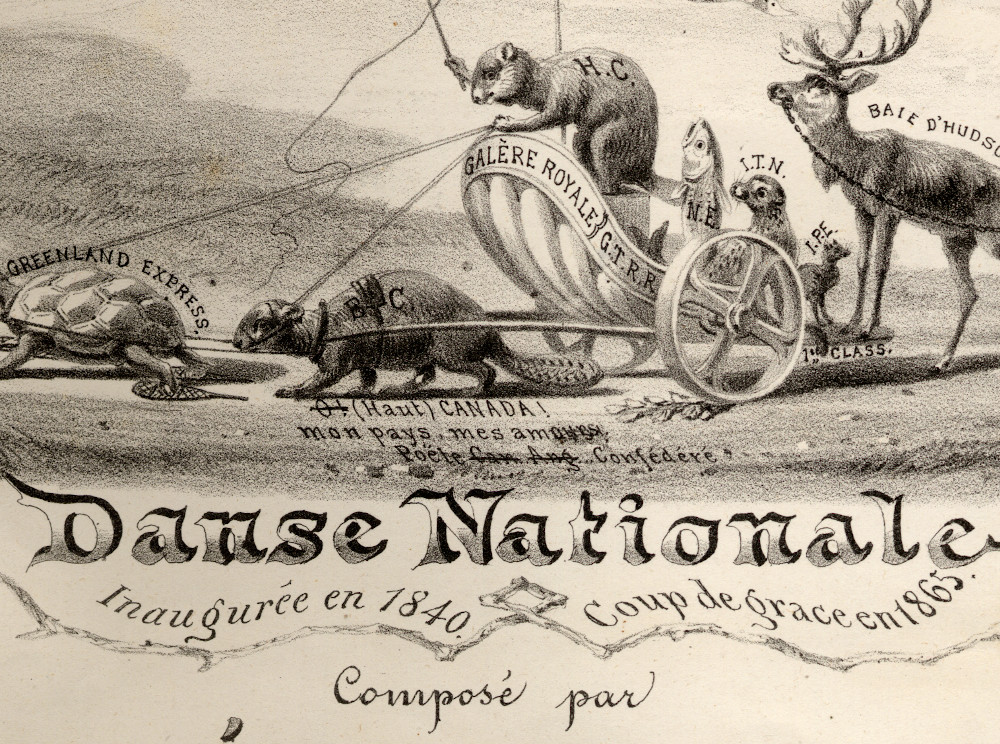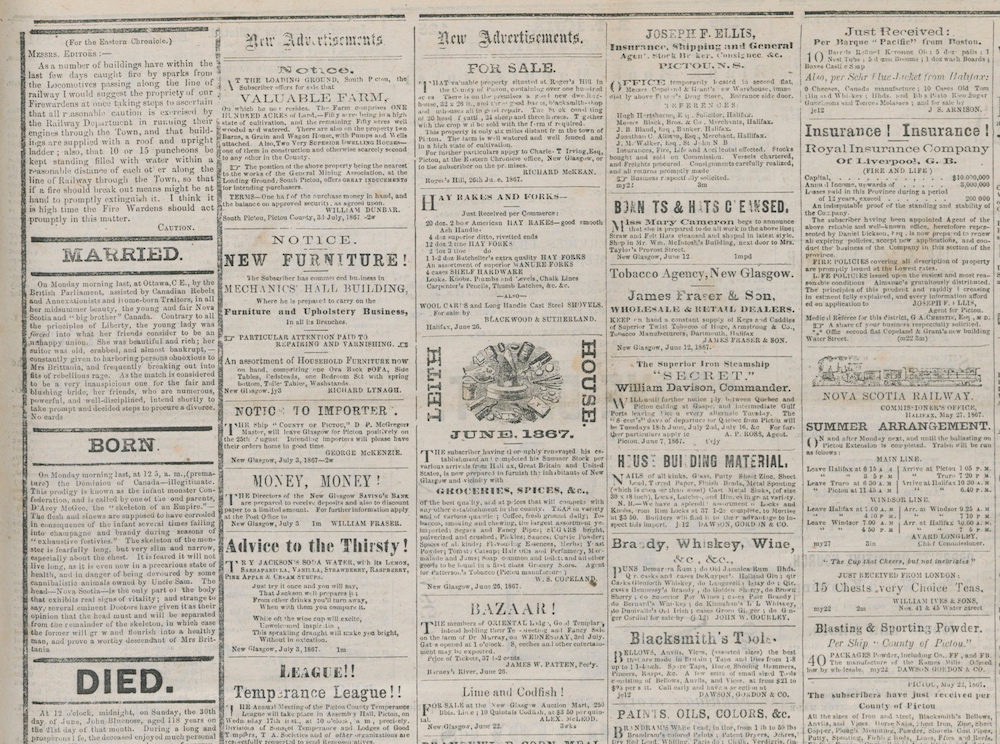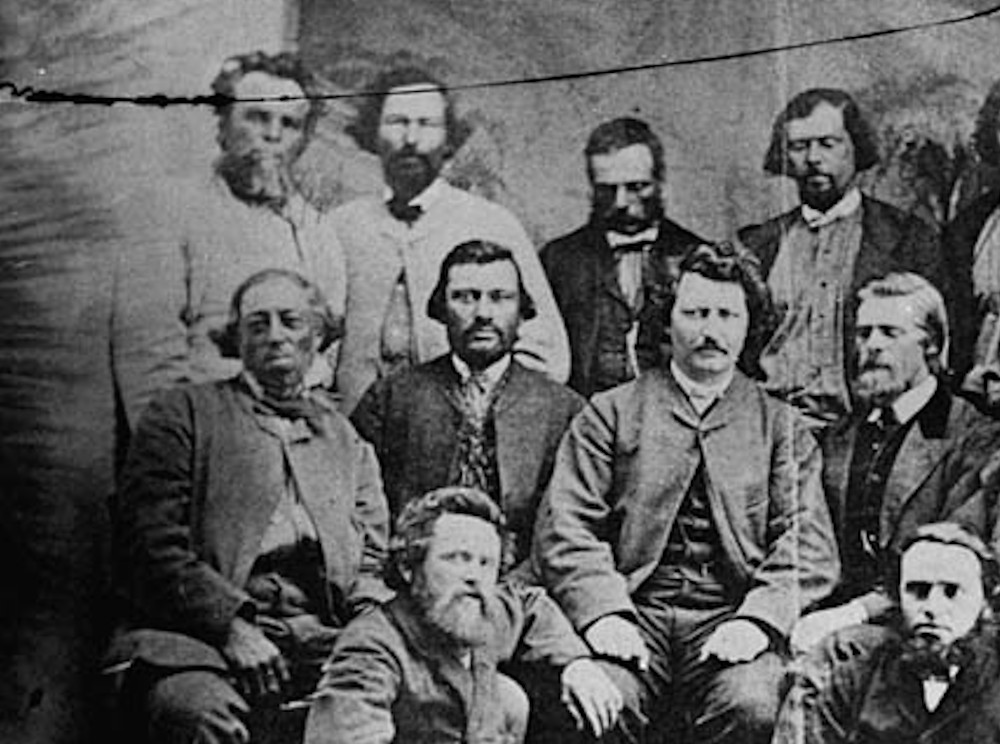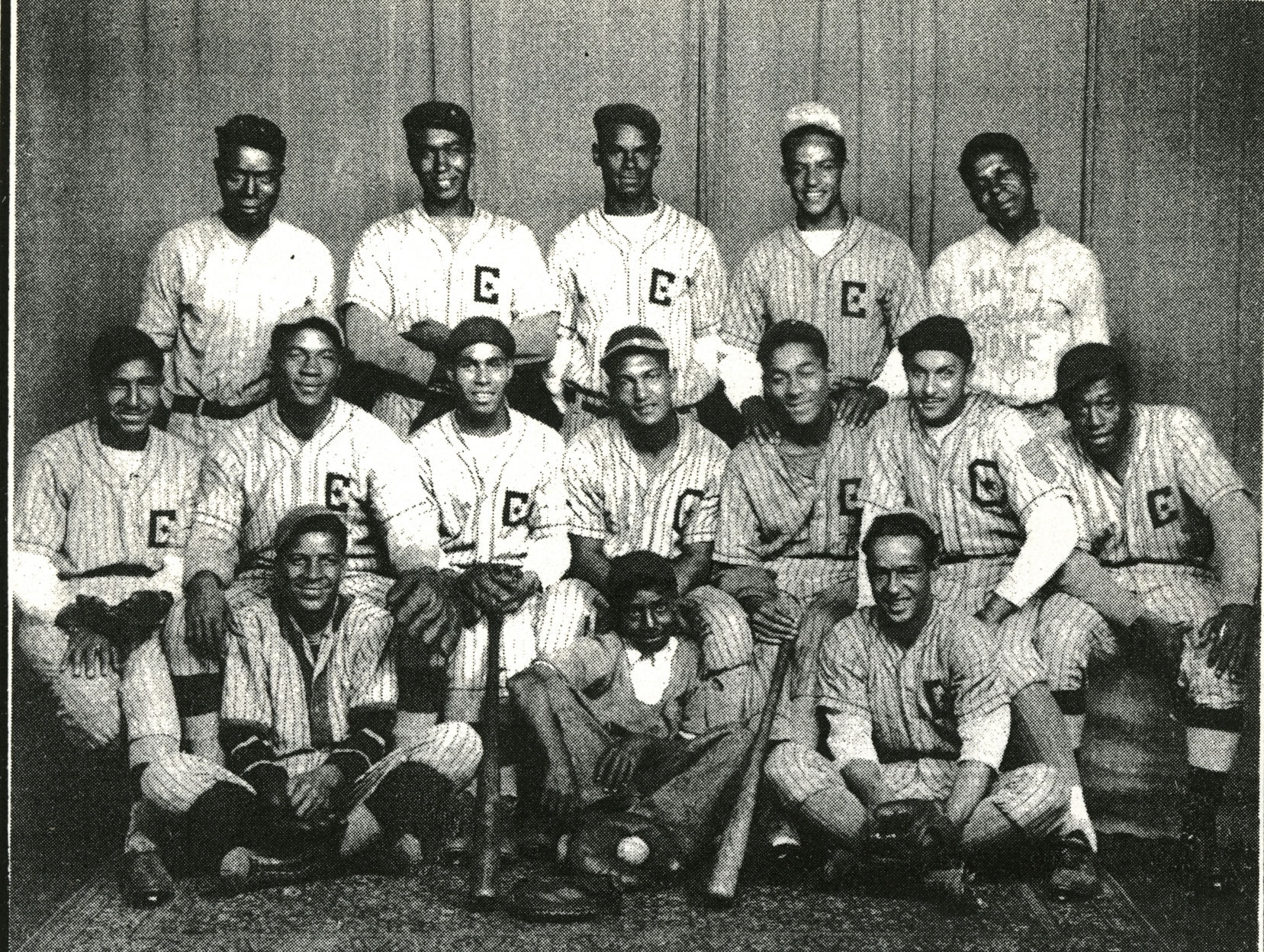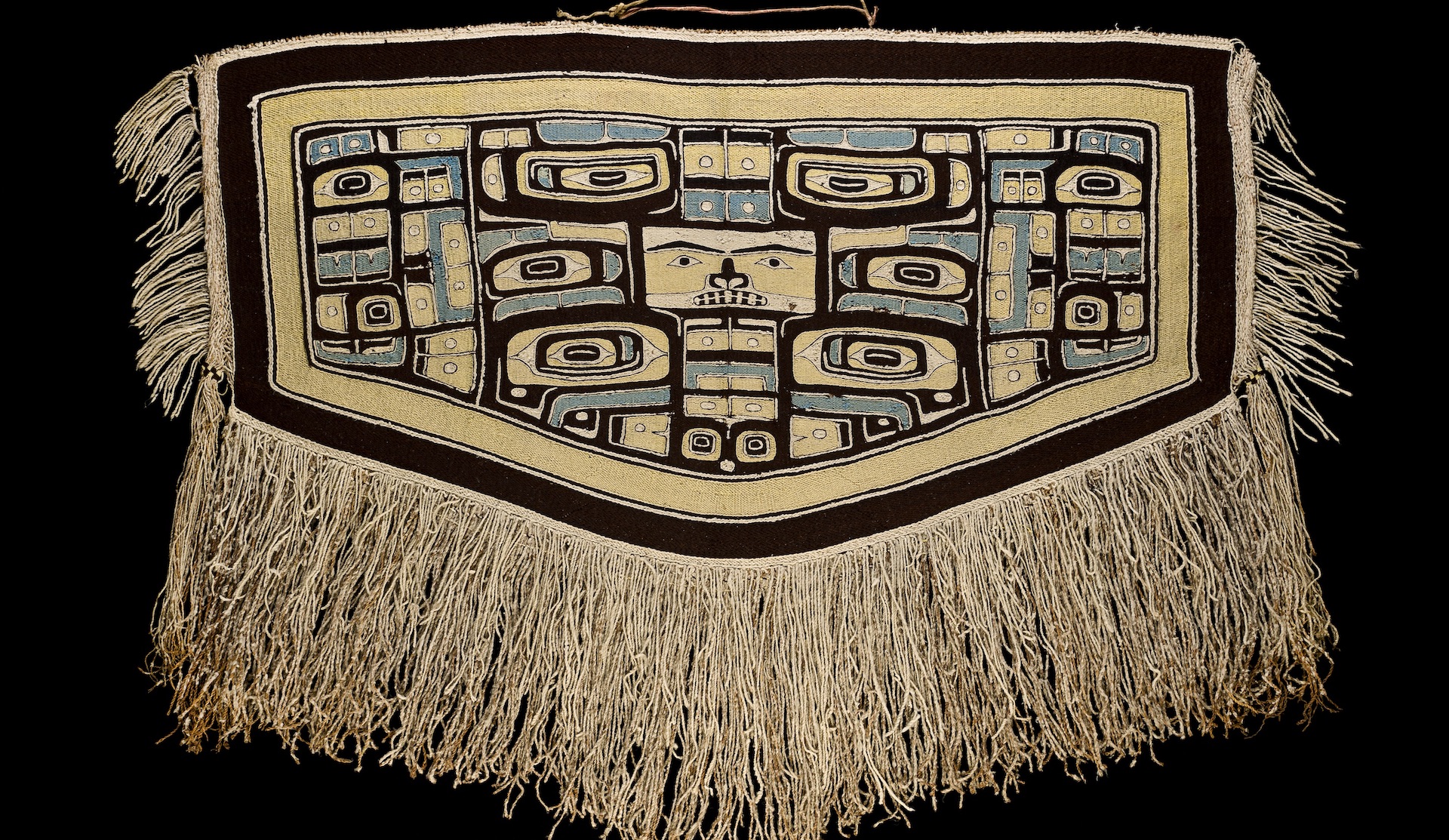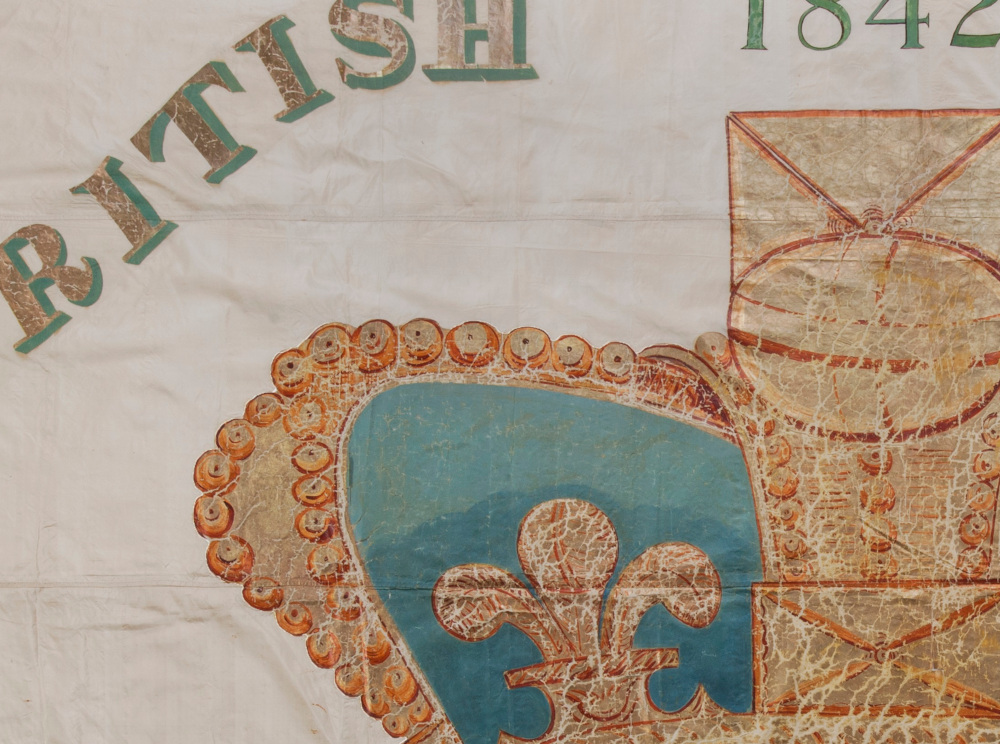
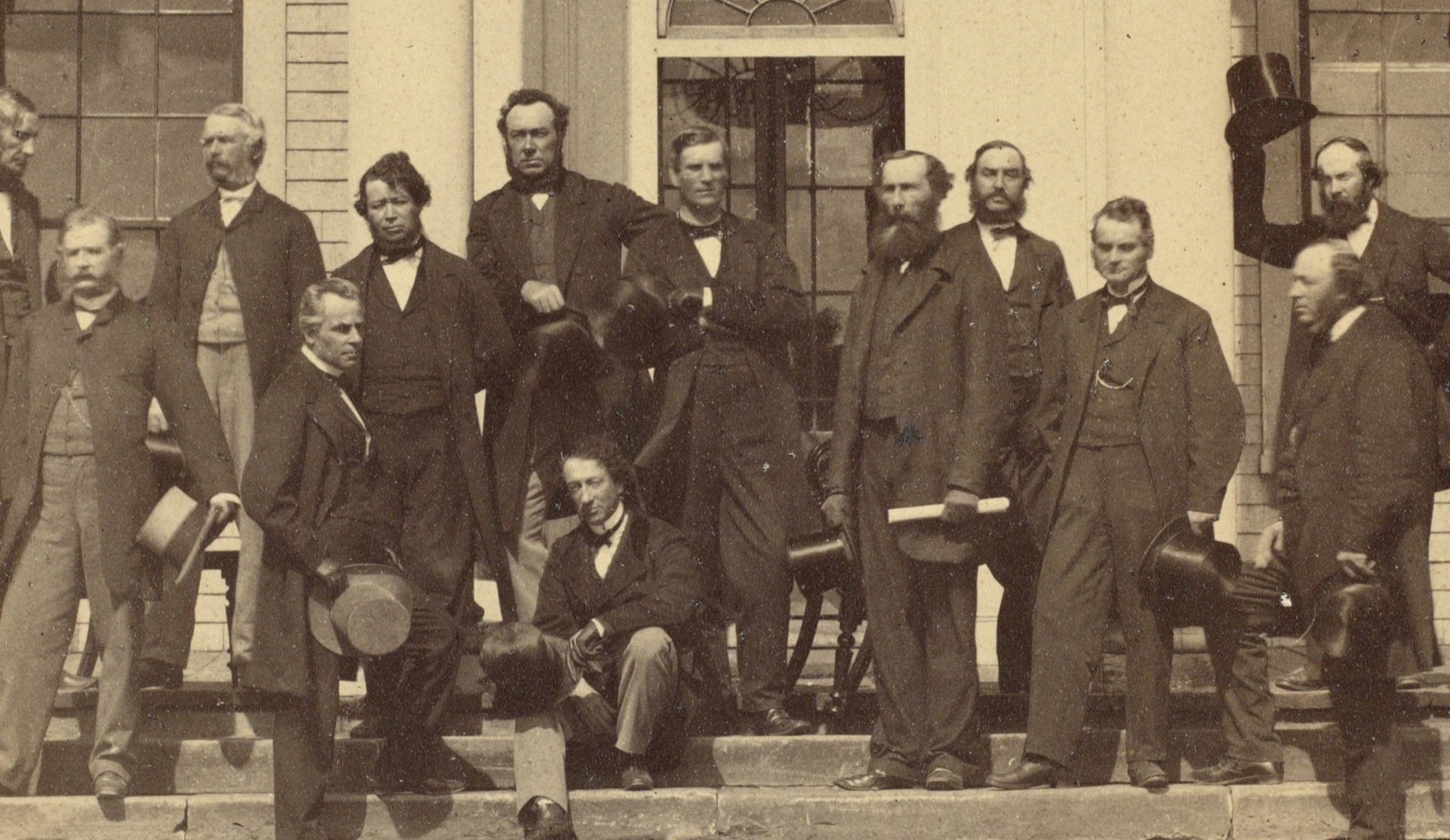
Stories of Confederation
Stories of Confederation
What was Confederation?
Most Canadians are aware that Confederation took place in 1867, and some might know that it was achieved when the British Parliament passed the British North America Act, uniting Nova Scotia, New Brunswick and the United Canadas (Ontario and Quebec) as a single dominion within the British Empire.
Many people understand that Confederation put in place the important foundations of modern Canada:
- It established the Dominion of Canada as a federal state and a parliamentary democracy — the same system of government that Canada uses today.
- It set in motion a process of state formation that would expand Canada westward, from four eastern provinces in 1867 to ten cross-continental provinces and three territories today.
- It was an important legislative step toward Canada becoming the country it is today — others include the Statute of Westminster, 1931, and the Constitution Act, 1982.
But these facts don’t give us the whole picture. Traditional versions of the Confederation story often leave out many important voices and perspectives, such as those of women and Indigenous people, despite the impact that Confederation had on their everyday lives. At the time, some rejected the idea of Confederation outright, and not everyone benefited from the union of provinces. Confederation was closely connected to international politics and the growth and expansion of the United States, and was even associated with a political assassination. This package explores Confederation through the people, perspectives and events of its day.
Keeping all these stories, terms and contexts straight can be a challenge! Here’s an easy reference guide for teachers and students: Stories of Confederation Reference Guide.
 Activities
Activities
Topics
The Road to Responsible Government
In the mid-1800s, the British colonies of Upper and Lower Canada achieved and implemented responsible government, paving the way for Confederation.
From Charlottetown to London
The idea of Confederation was discussed and debated primarily at three conferences between 1864 and 1867.
An Assassination
The Fenian Brotherhood viewed Thomas D’Arcy McGee, one of the Fathers of Confederation, as a traitor.
 website
website
